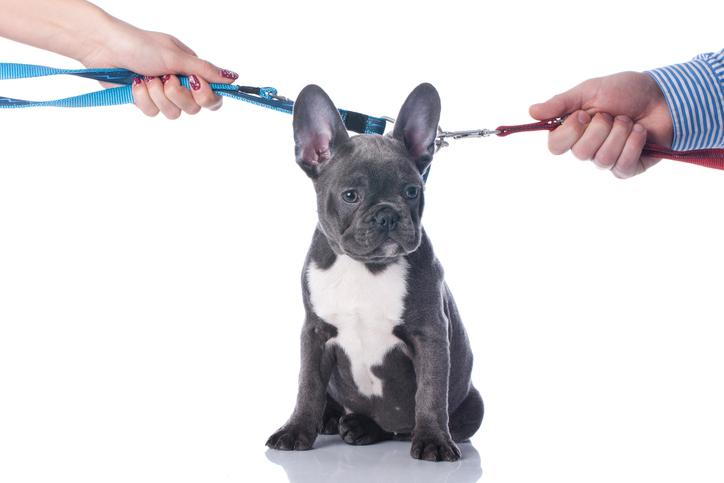
- posted: Nov. 23, 2022
- Family Law
Many people consider their pets to be part of the family, which can lead to contentious disputes over who gets a pet when a couple divorces. Unfortunately, the law sees pets differently. They are treated as property to be equitably divided, not as subjects of custody or visitation. Although a few states’ laws empower judges to consider a pet’s best interests in determining possession, New Jersey has not recognized this approach.
However, New Jersey judges can consider a pet’s “special subjective value” when dividing assets in a divorce case. This means taking into account the spouses’ emotional attachments to the pet and other factors. At times, judges have ordered “alternating possession” — allowing each ex-spouse to have the pet for a few weeks at a time.
An experienced divorce attorney can help you prepare a compelling case for gaining possession of your beloved pet. Here are some factors that can influence a judge’s decision in your favor:
- Financial investment in the pet — If you paid the purchase or adoption fees for your pet, this will be weighed in the decision, along with any medical, boarding or related expenses you might have funded, such as obedience training. Be sure to keep records of all these payments.
- Care and devotion — You can build a stronger case for possession by showing that you primarily attend to the basic needs of your pet, such as feeding, walking and cleaning up after them and providing grooming and veterinary care. You can present witness testimony that you spend more time with the pet and have a stronger emotional bond than your spouse does.
- Child custody arrangements — When one spouse has primary custody of the children, the court may opt to keep the family pet and the kids together. This allows the children to continue their bond with the pet and can help provide them emotional support during a time of high stress.
- Home environment — Keeping a pet healthy is relevant to preserving its value. You may help your case for possession by showing your home has more room for the pet, such as having a big backyard, and that your schedule makes you better able to provide care and company for the pet.
The most effective way to gain possession of your pet in the event of a divorce is to enter an agreement — sometimes referred to as a "petnup." This is enforceable in the same way as a prenuptial or postnuptial agreement. While a petnup may include provisions for alternating possession, a court will not enforce conditions, such as that the animal not be mistreated. If you don't have a petnup, you can attempt to work out an arrangement for pet possession as part of a divorce settlement.
Martone Law Group in Haddon Heights, NJ provides a full range of legal services for people going through divorce. We serve clients in Camden, Burlington, Gloucester and Atlantic counties. Call us today at 856-432-4587 or contact us online to schedule an initial consultation.

